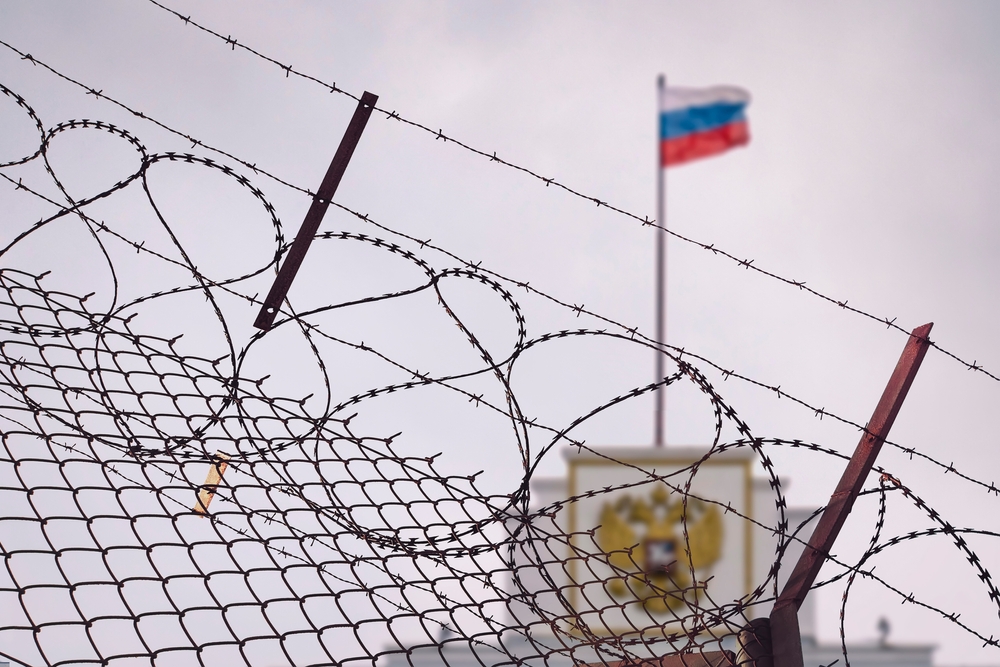Russian Court Sentences Two to 21 Years for Alleged Ukraine-Ordered Attacks
Others are reading now
A recent case in Russia has drawn attention to the increasing number of terrorism-related charges connected to the ongoing war with Ukraine.
Two people, Viktoria Tsinkaruk and Aleksandr Holodkov, were sentenced to 21 years in prison for allegedly planning attacks under orders from Ukraine, according to Digi24.
The charges stemmed from accusations that they participated in a terrorist group and prepared an attack.
Both Tsinkaruk and Holodkov denied the charges, claiming they were not involved in any illegal activity.
Also read
According to the Russian authorities, the two received money to make explosives and carry out attacks in Russia.
They were in contact with Ukrainian supervisors through encrypted messages. The investigation claims that Tsinkaruk received 107,000 rubles (about 1,000 euros) from her ex-husband, who is in Ukraine.
She allegedly passed on the money to a third party, not knowing its intended use. Holodkov, her childhood friend, is said to have received 500,000 rubles from her for the same purpose.
The money was allegedly handed over to an undercover agent from the Russian security services, posing as a supporter of Ukraine.
Tsinkaruk stated that she was against violence and never intended to connect with a terrorist group.
Holodkov maintained his innocence as well. However, the court found them guilty of preparing an attack, and the trial resulted in lengthy prison sentences.
Since Russia began its invasion of Ukraine in 2022, there has been a significant rise in cases related to sabotage, espionage, terrorism, and extremism.
Many of these trials are held in military courts behind closed doors, and details of the cases are often kept secret.
The case of Tsinkaruk and Holodkov is just one example of the many prosecutions that have taken place in Russia, where accusations of supporting Ukraine’s cause are often met with harsh legal consequences.


